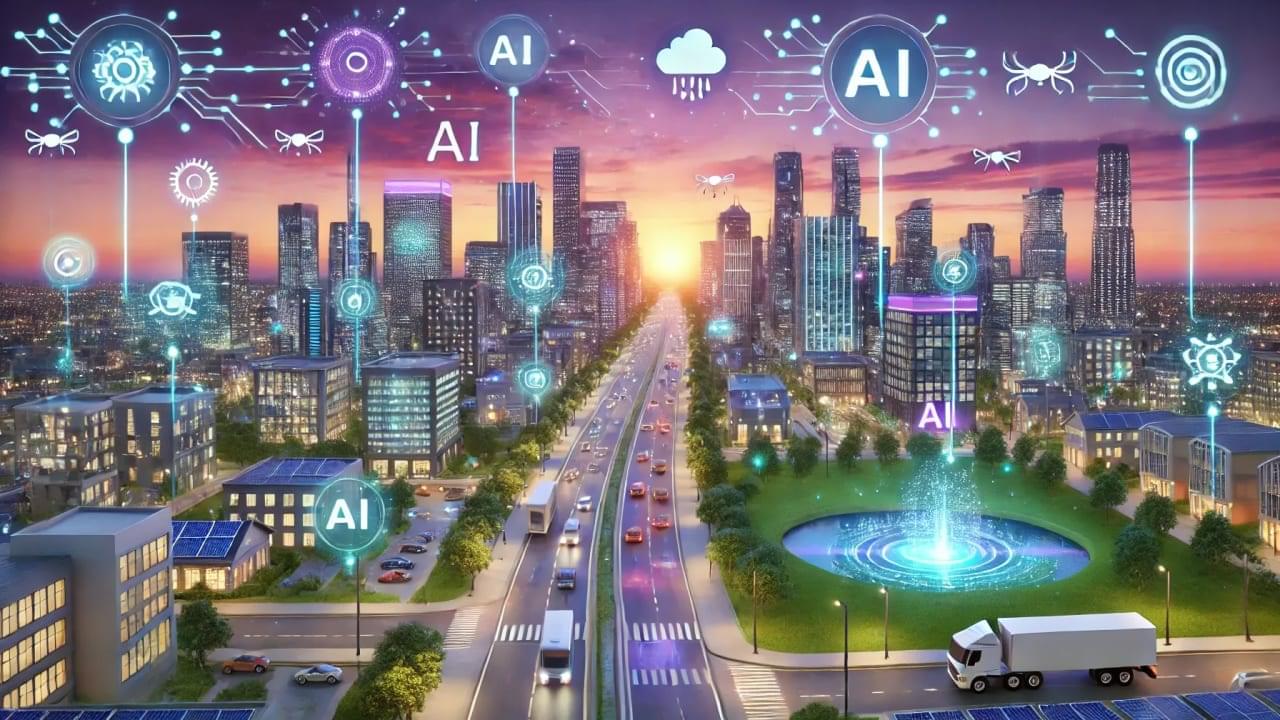NordVPN denied allegations that its internal Salesforce development servers were breached, saying that cybercriminals obtained “dummy data” from a trial account on a third-party automated testing platform.
The company’s statement comes after a threat actor (using the 1,011 handle) claimed on a hacking forum over the weekend that they stole more than 10 databases containing sensitive information like Salesforce API keys and Jira tokens, following a brute-force attack against a NordVPN development server.
“Today i am leaking +10 DB’s source codes from a nordvpn development server. This information was acquired by bruteforcing a misconfigured server of Nordypn, which has salesforce and jira information stored. Compromissed information: SalesForce api keys, jira tokens and more,” the threat actor said.








